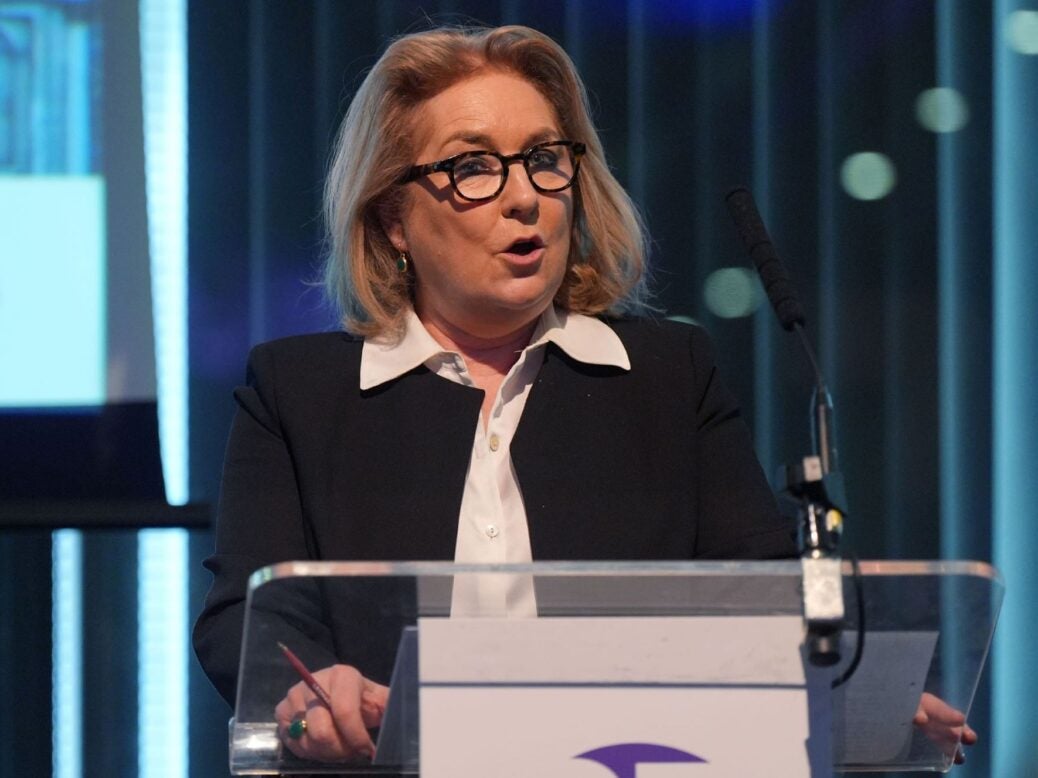
A new transparency and open justice board will ensure a modernised and accessible justice system that “takes proper account of wider societal changes”, the Lady Chief Justice Baroness Carr has announced.
Baroness Carr told the Society of Editors conference in London on Tuesday that she was establishing the board with the aim of ensuring journalists have “the tools to scrutinise the justice system effectively”.
“Its aim is to examine and modernise our approach to open justice, not least to ensure that we take proper account of wider societal changes, as well as those being effected by the courts,” she said.
The board will set objectives for all courts and tribunals to improve accessibility for and to facilitate the work of journalists.
It will aim to ensure timely and effective access to listings, documents and public hearings so that “openness and transparency is at the heart of what we do”, Baroness Carr said.
She added that it will “challenge the way that the judiciary presently works”.
The board will engage with the public and interested parties – including the media – to make sure that its objectives properly reflect what should be delivered by a modern justice system.
One development the board will explore will be making online attendance at hearings easier, the Lady Chief Justice confirmed.
Online attendance was introduced during the Covid-19 pandemic and made accessibility to a wider range of proceedings much easier, according to feedback given to the Civil Justice Council.
Baroness Carr said it should be easier for journalists attending remote hearings to access court documents so they can more easily follow what is happening.
‘Careful expansion’ of broadcasting hearings to come
Baroness Carr also announced she was considering the “careful expansion of broadcasting hearings” – but that it must be taken slowly.
Taking pictures and filming in court is currently not allowed in most cases, although the filming of sentencing remarks in a crown courts in England and Wales was permitted for the first time in 2022. Baroness Carr said the process took years because if it had gone wrong at the start, it would have been a “very serious setback”.
She suggested, for example, that other types of courtrooms – even suggesting newspaper cases themselves – could be filmed.
Baroness Carr emphasised that “potential adverse effects” of the expansion would need to be properly considered.
Public trust and confidence in courts were factors for consideration, and changes in legislation would also be required as well as further investment in the justice system.
Addressing the conference audience, Baroness Carr said: “Improving access and increasing reporting does bring with it increased responsibility.
“You are the eyes and ears of the public. You are the means by which issues are brought to their attention. The means by which the judiciary and what happens in court is subject to informed and intelligent debate.
“There should be no shying away from press discussion of the good, the bad and the ugly where the justice system is concerned. Its democratic accountability depends upon it.”
The terms of reference of the board, which will be chaired by Mr Justice Nicklin, have been published here.
Read Baroness Carr’s keynote speech in full here.
Email pged@pressgazette.co.uk to point out mistakes, provide story tips or send in a letter for publication on our "Letters Page" blog
